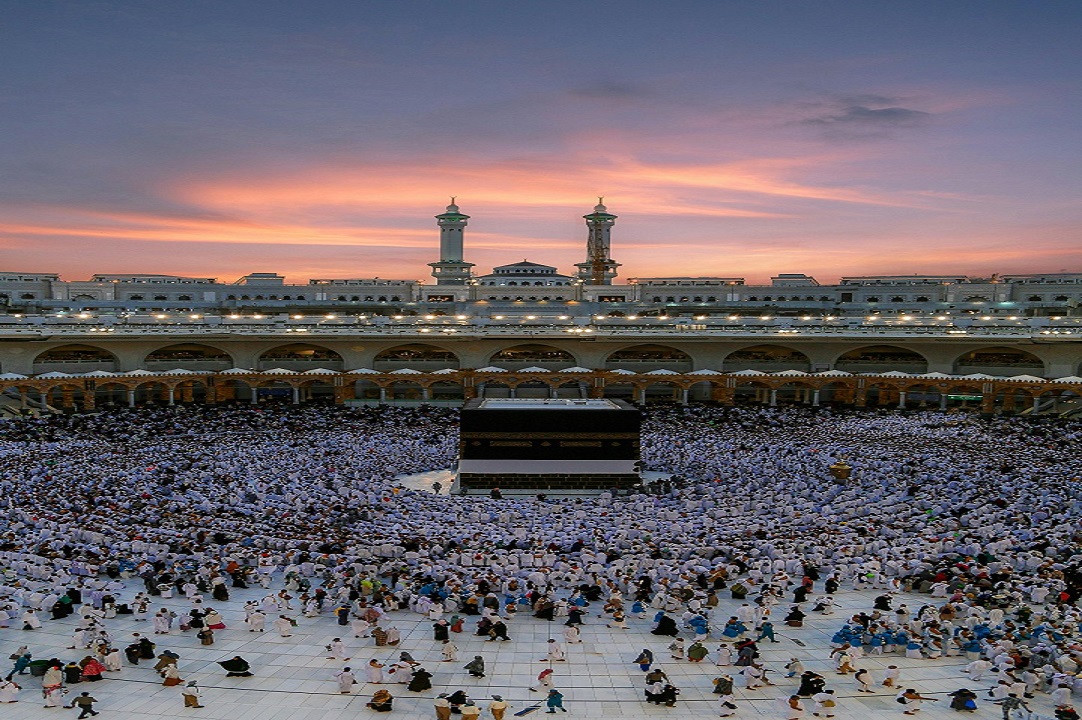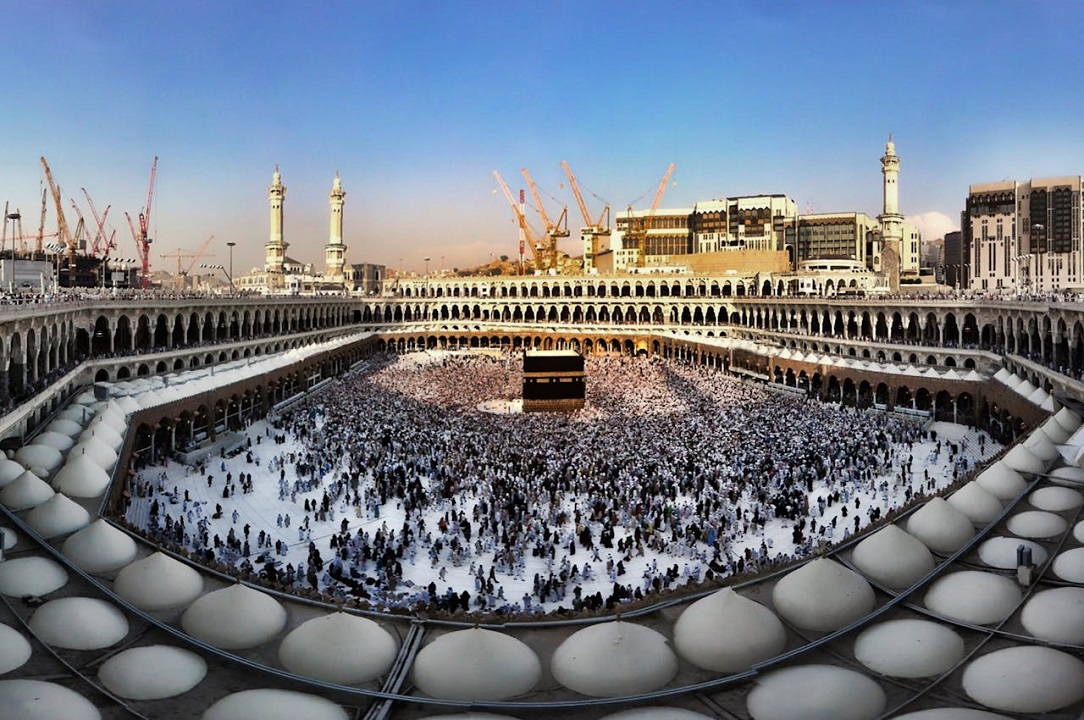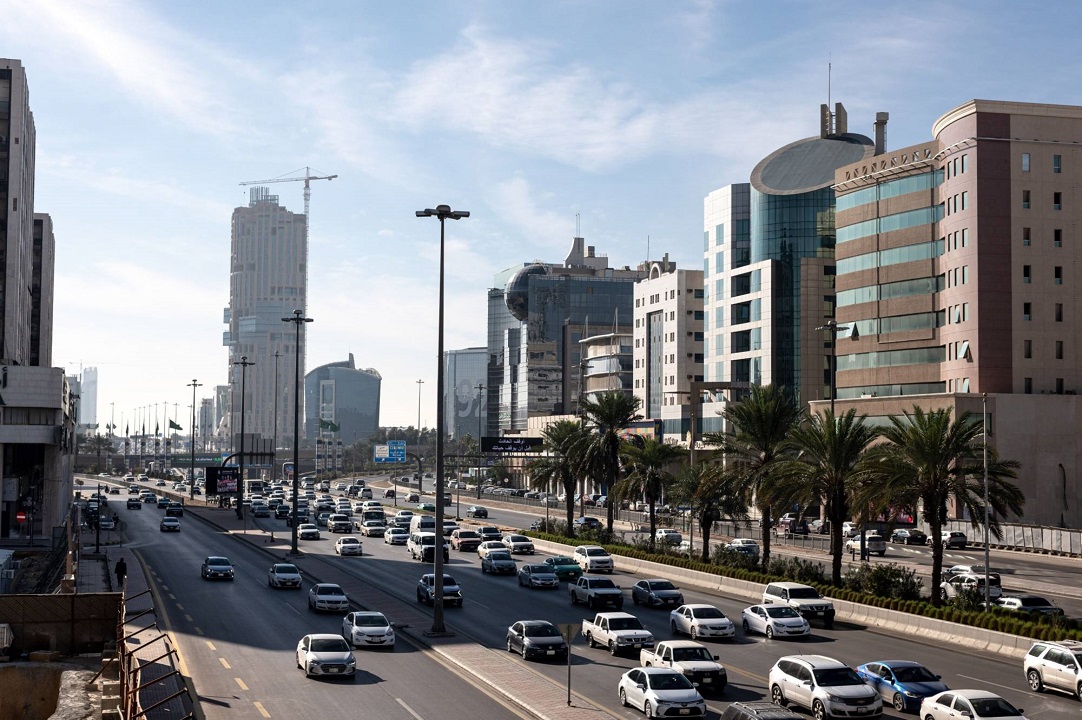The extent of fire in residential domiciles in Saudi Arabia accounts for 69% of all building fires. A field assessment of current safety issues for familial buildings in Saudi Arabia is utilized to recognize common safety deficiencies. It was found in the inspection that most citizens are ignorant of the safety of their homes. Additionally, a safety audit checklist for assessing the persuasiveness of safety measures in existing familial buildings is also being advertised. Based on these findings, designers, local authorities, building owners, and residents support several strategies. Securing Saudi Arabia: Crime Rate And Security Measures One of the pillars of Saudi Vision 2030 is ensuring a good quality of life. Improving security and safety is closely linked to sustaining ongoing efforts to combat crime, taking additional measures to ensure road safety, avert traffic accidents, and lessen the disastrous effects of such casualties. In our study, we hope to assist authorities in making appropriate arrests based on safety and safety measures for the benefit of the community by using crime analysis and reading. Business intelligence and machine learning processes are used for crime analysis and prediction. We believe that our approach aids in assembling more decent crime avoidance findings with a 99% accuracy rate. Steadfast Stability: Political Landscape In Saudi Arabia The current autobiography is the oldest airing devoted exclusively to foreign affairs in the United States. The journal aims to dedicate and explain the profound changes that affect every region of the world, providing readers with a better appreciation of today’s crucial events and urgent global trends through donations from leading and emerging experts and academics. Founded in 1893, the Academy of California Press, Journals, and Digital Publishing Division propagates scholarship and its value. One of the largest, most distinguished, and most new of the university presses today, its collection of print and online periodicals spans topics in the humanities and social sciences, with an emphasis on sociology, musicology, history, religion, cultural and area studies, ornithology, law, and literature. In addition to publishing its journals, the division also provides customary and digital publishing services to many client erudite societies and acquaintances. Navigating Culture And Law: Saudi Arabia’s Societal Norms Ethnically Arab people, many of whom are from nomadic tribes with longstanding roots in the region, predominantly inhabit Saudi Arabia, covering most of the Arabian Peninsula. The culture emphasizes tradition and conservatism, with Islam exerting significant influence over societal, familial, political, and legal aspects of life. Saudis uphold strong moral values such as hospitality, loyalty, and community support, prioritizing honor and honesty. Despite rapid industrialization, social norms are evolving as individuals navigate the intersection of tradition and modernity. Customs and attitudes vary across regions, minorities, and tribes. It’s essential to recognize that descriptions of Saudi culture are subject to variation based on factors like age, social status, religious beliefs, tribal affiliations, or regional origins. Health And Environmental Concerns In Saudi Arabia Rapid urban redesign in Saudi Arabia has sparked environmental concerns, particularly regarding pollution. Public awareness of pollutants is crucial for garnering support for the Saudi government’s efforts to monitor and mitigate impacts. A cross-sectional empirical study assessed the awareness of environmental contaminants among 817 adults in Saudi Arabia’s Jazan region. Risks were recognized, including transportation and industrial emissions, but gaps existed regarding hazards like asbestos. Major concerns included illegal dumping and dilapidated structures. Females showed higher concern about outdoor ecological risks, while greater concern about outdoor threats was correlated with higher education levels. Concern about outdoor and indoor air pollution was strongly associated with self-reported environmental interest. Overall, Jazan residents demonstrate general but incomplete awareness of health hazards, suggesting a need for enhanced cultural efforts to raise awareness. An effective public communication plan based on these insights can increase societal environmental awareness and promote sustainability in Saudi Arabia. To Safety: Navigating Transportation In Saudi Arabia Understanding the causes and consequences of road accidents is crucial for developing effective road safety plans. Inappropriate driving behavior can lead to adverse outcomes and road casualties. A Bayesian belief network (BBN) model was used to examine driving behavior and accident causation in a study carried out in Al-Ahsa City, Saudi Arabia. The findings revealed important information: the chance of an accident increased by 26% when speed was the only factor taken into account, and by 33% when brake failure was taken into account. These findings underscore the BBN model’s effectiveness in investigating the complex linkages between driver behavior and accident causes. The study emphasizes the importance of addressing driving conduct to prevent road accidents and enhance road safety programs. Frequently Asked Questions (FAQ’s) Q: How is safety in Saudi Arabia? A: Reconsider travel to Saudi Arabia due to the threat of ammunition and drone attacks. Exercise advance caution in Saudi Arabia due to terrorism, the risk of capture based on social media activity, and the weighing of prohibited items. Some areas have elevated risk. Read the entire travel advisory Q: What is the ranking of Saudi Arabia as the safest country? A: A country with low offense rates will have a low crime index, signifying safety. The safety index, on the other hand, is resistant to the crime index. A city is regarded as very safe if it has a high safety index. Along the way, Oman ranked fifth on the list, while Saudi Arabia took the twelfth job. Q: Why is crime low in Saudi Arabia? A: The low atrocity rate in Saudi Arabia results from internalized Islamic values and firm implementation of Islamic law.
Makkah: The Epitome Of Islamic Sanctity
“Makkah: The Summary of Islamic Holiness” describes the essence of Islam’s holiness in a single city. Makkah, revered as the spring of the Prophet Muhammad and the site of the Kaaba, Islam’s most sacred building, holds exceptional importance in Islamic acceptance. Each year, millions of Muslims embark on the journey of Hajj to Makkah, comforting one of the Five Pillars of Islam and reviving their relationship with Allah. The airy journey to Makkah besets ceremonies like Tawaf, Sa’i, and rank in Arafat, which embody submission, devotion, and unity among religionists. Makkah’s historical, spiritual, and cultural significance exceeds time and space, serving as a light of hope, inspiration, and awareness for Muslims around the world. In Makkah, the heart of Islam licks with steady faith, echoing the immortal message of peace, unity, and capitulation to the will of Allah. A Journey Through Historical Significance Makkah is the holy city, the pious, and the faultless most acclaimed place on earth. The most reliable sources from which one can get news about its history are the worthy Quran and the accurate prophetic anecdotes in this regard. From there, we can confirm its ancient history as well as how it was before the message and prophethood of Muhammad. After the advent of Islam, Muslim sages and historians have attempted to record the chronology of Makkah in overall history books as well as books concerned with the accounts of the Muslim people who lived in it. One of the most famous is “Chronicles of Makkah and its age-old monuments, activated by Abu Al-Waleed Al-Azraqi from the third eternity AH. Thereafter, the most prolific planner regarding it and its history was considered to be Imam Taqiyyud-Deen Al-Fasi Al-Makki (775 AH–832 AH). He privileged his book, “The Remedy for Those Who Harbor Affection for the History of the Holy City.” Gateway To Spiritual Awakening The roots of the Hajj journey trace back to the times of the Prophets Ibrahim and Ismail. They paved the way for this holy journey, a path that Prophet Muhammad (PBUH) himself would later tread. Muslims conjecture that Prophet Ibrahim’s faith was truly tested when God ordered him to sacrifice his son Ismail. While he was ready to submit to this act, Ibrahim’s faith was credited, and God preserved his son’s life. The Islamic agenda follows the lunar calendar, which is unusually 11 days shorter than the Gregorian one. Due to this, the date of the Hajj alters every year, happening in Dhul-Hijjah, the final month of the Islamic lunar calendar. The alternative to performing the Hajj is life-changing, and it was just that for Rendy Syahdan Praditya, a graphic inventor at Diversity Opportunity. His alternative to fulfilling the fifth pillar of Islam was a once-in-a-lifetime chance. “This trip needs years of waiting because it is controlled by the state, and I have been waiting for it for almost 12 years,” Rendy said. Nexus Of Civilization And Social Impact The Arabs were initially the people of the Arabian wilderness. transformed to Islam in the 7th century A.D., they defeated the Middle East from the Sassanian and Byzantine empires and established a succession of Arab-Islamic Middle Eastern conglomerates from the Caucasus to India and from Spain to Central Asia. More deeply, Islam, as well as its laws and theology, became the widely accepted religion and culture of the Persians, Turks, and many other peoples. What is specified as Arab civilization is a mixture of certain traditional Arab values [see Arab], Islamic culture and asylum, the inherited knowledge of the great culture of the Old World, and the unity supplied by the Arabic language. The Arabs were untouched and built upon existing science in the realms of government, literature, ideology, history, art and structure, music, physical and accurate sciences, biology, medicine, arranging navigation, and corporate law. Though Arab control over Islamic empires was ephemeral, Islam continued to thrive as a religion and civilization in the Middle East. Currently, one-fifth of the world’s citizenry is Muslim, and Islam is the second-largest religion in both Europe and North America. The Contemporary Significance The ongoing application of Makkah is an ever-evolving story, intertwining rule with modernity and metaphysics with usefulness. As the center of Islamic sanctity, Makkah remains to draw millions of pilgrims annually, reiterating its timeless authority in the hearts of Muslims. Amidst rapid citified and technological promotion, Makkah remains abiding in its role as the airy nucleus of Islam, conserving centuries-old traditions while hugging contemporary advancement. The management of Makkah’s sanctity poses convoluted challenges, requiring a delicate balance between pious reverence and realistic solutions. Nevertheless, Makkah’s allure persists, sacrificing solace, inspiration, and unity to adherents of diverse backgrounds. Its relevance serves as evidence of the enduring power of faith, society, and devotion, transcending topographic limits and cultural divides. In a briskly changing world, Makkah stands as an emblem of continuity, suppleness, and the eternal bond between altruism and the divine. Frequently Asked Questions (Faqs) Q: What is the summary of Makkah? A: Mecca, also known as Makkah in Arabic, is found in modern-day Saudi Arabia. It is a pious city in the Islamic faith, and Muslims take a journey, or hajj, at least once in their duration. The Masjid al-Haram is located in Mecca and is the mosque that holds the holiest Islamic cagr, the Kaaba. Q: Why is Mecca considered holy? A: Mecca is the fatherland of the Prophet Muhammad. The shrine there with the Ka’ba is the pious site in Islam. As such, it is a deeply spiritual job for Muslims all over the world; it is the boldness of Islam. Q: Is Mecca holy? A: As the site of the Hajj, one of the Five Pillars of Islam, Mecca was declared to be the holiest place in the religion. Muhammad then exchanged to Medina, after ascribing ‘Akib ibn Usaid as administrator of the city.






